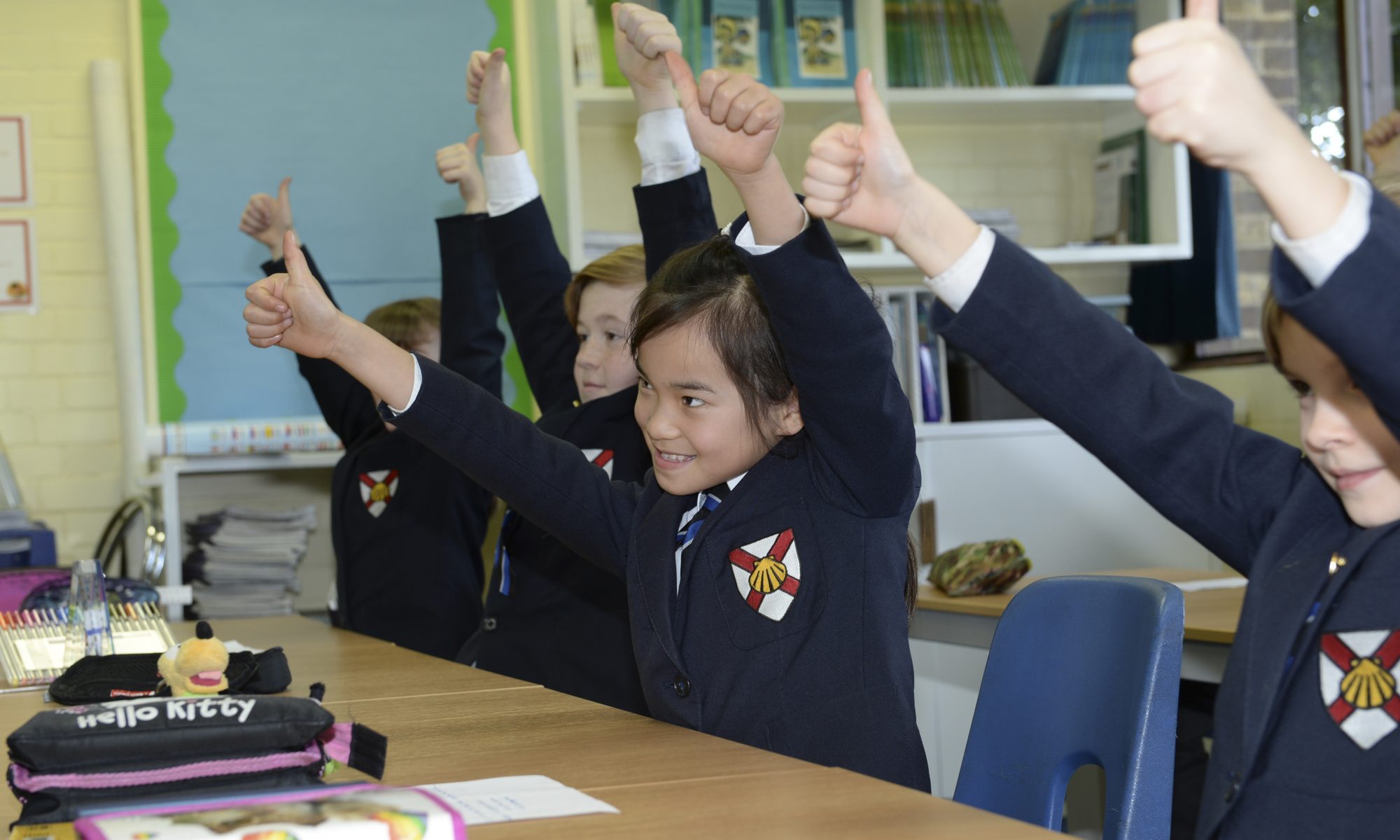The transition to secondary school is a massive leap – for most children the new school involves a host of new experiences, from getting there independently to working from a timetable for the first time. Having spent the last year of primary generally ‘ruling the school’, or at the top of their class academically, the transition can be a wake-up call for 11-year-olds: being the youngest in a far bigger school, working with peers at the same level (or, shock horror, above their level) and getting used to new teachers with high expectations.
For parents too, there can be a worry; the levels from primary school seem to be completely ignored when they move up to secondary, with schools setting their own tests.
Paul Medhurst is deputy headmaster of King’s Rochester Preparatory School, responsible for children aged from eight to 13, and has seen no evidence of this anomaly, however. He says: “Our KS2 results remain strong and the syllabus has in fact become more rigorous, for example more emphasis is placed on SPaG (Spelling, Punctuation and Grammar) and no calculators.”
From September, National Curriculum levels are being abolished and children will be assessed on what they actually know. Primary school teaching in Maths and English is changing drastically with the emphasis on making sure knowledge is secure in the former and text-based learning for the latter.
Schools use a variety of tests to monitor progress. There is of course the SATs test; secondary schools will use CAT tests to measure levels in their new year 7s while King’s Rochester uses Performance Indicators in Primary Schools (PIPs) and inCAS, a diagnostic, computer-adaptive assessment tool.
If all this is making your head spin, don’t worry! What parents should know is that education has been subject to some intense scrutiny in recent years and great changes have been wrought.
Formal exams are changing to ‘make sure school leavers are better prepared for life after school’, according to the Department of Education, which has published a broad set of principles for learning.
- For example, GCSE specifications in English language and literature include enabling students to:
- read a wide range of texts, fluently and with good understanding;
- use grammar correctly, punctuate and spell accurately;
- listen to and understand spoken language, and use spoken Standard English effectively.
While in maths students should, after GSCEs, be able to:
- Use and apply standard techniques (calculation, algebra, geometry and graphs);
- Reason, interpret and communicate mathematically (make deductions, interpret information accurately);
- Solve problems within mathematics and in other contexts.
The emphasis, clearly, is to make education useful – learning for a purpose – and this can only be a good thing.
But how do teachers cope with differing levels of knowledge and skills in Year 7? Mr Medhurst says: “We use a lot of differentiation in the classroom; we stream students and have setting for Maths and German. We also put in individual support for pupils with specialised learning difficulties.
“In English lessons we place appropriate emphasis on SPaG and it’s largely streamed with a focus on KS2 curriculum until year 6. Thereafter we place a literary bias on English.
“Maths classes are setted and we provide appropriate support for pupils for whom maths isn’t their strongest subject. We’ve recently introduced a differentiation paper in maths at Year 8. Pupils have the option to take the foundation paper rather than the higher paper which allows pupils who are not so strong in maths to take an exam better suited to their abilities. This means pupils don’t become demotivated by tackling a more difficult paper.”
With the pressure on students and teachers to get results, additional help is offered where required. Mr Medhurst explains: “We provide classroom support and individual lessons for pupils with additional learning needs. We have an Education Support team headed by our Head of Learning Support and we work closely together to identify pupils who have additional needs. We provide gifted and talented extension classes for the most able pupils.
“King’s provides education from ages three to 18 and is a broad ability school, offering a breadth of the curriculum with subject specialists. We work closely with parents with regard to their children’s work and offer support and guidance for parents through Curriculum Information Evenings.
“Whatever their talents, children will benefit from our broad and balanced curriculum. It is designed, not just to educate the academic side of our pupils, but to encourage them to grasp every opportunity through involvement in music, sports, drama and after-School, extra-curricular activities.”
You may also like
Great Expectations
Mike Piercy, education consultant and former Head of The New Beacon, gives his opinion on tutoring There’s nothing wrong with ambition; indeed it is to be praised. Encouragement of ambition is inherent in parenthood and teaching.I have something of a...
Creative Thinking
Online educators, Technology Triumphs, talk us through their approach “There is no doubt that creativity is the most important human resource of all,” – Edward De Bono, the originator of the term lateral thinking.Despite this, creative pursuits have been seemingly...
5 Top Tips to get exam ready
Help your child navigate exam season with help from the experts It is no secret that, for some students, the exam season represents a stressful time. Antony Nesling and Beverley Bloem, Diploma Coordinator and High School Counsellor at ACS International...










